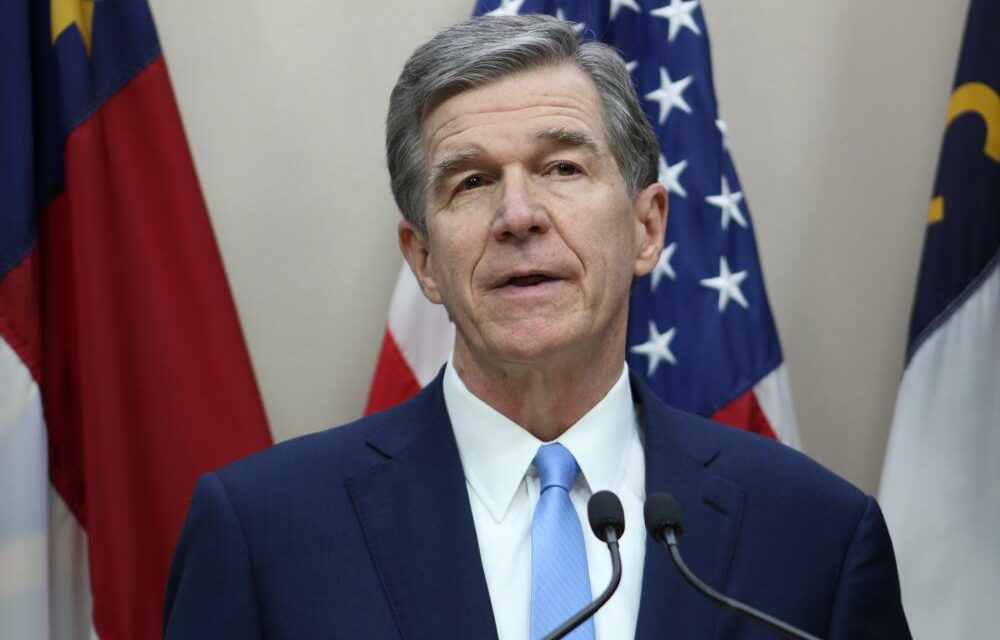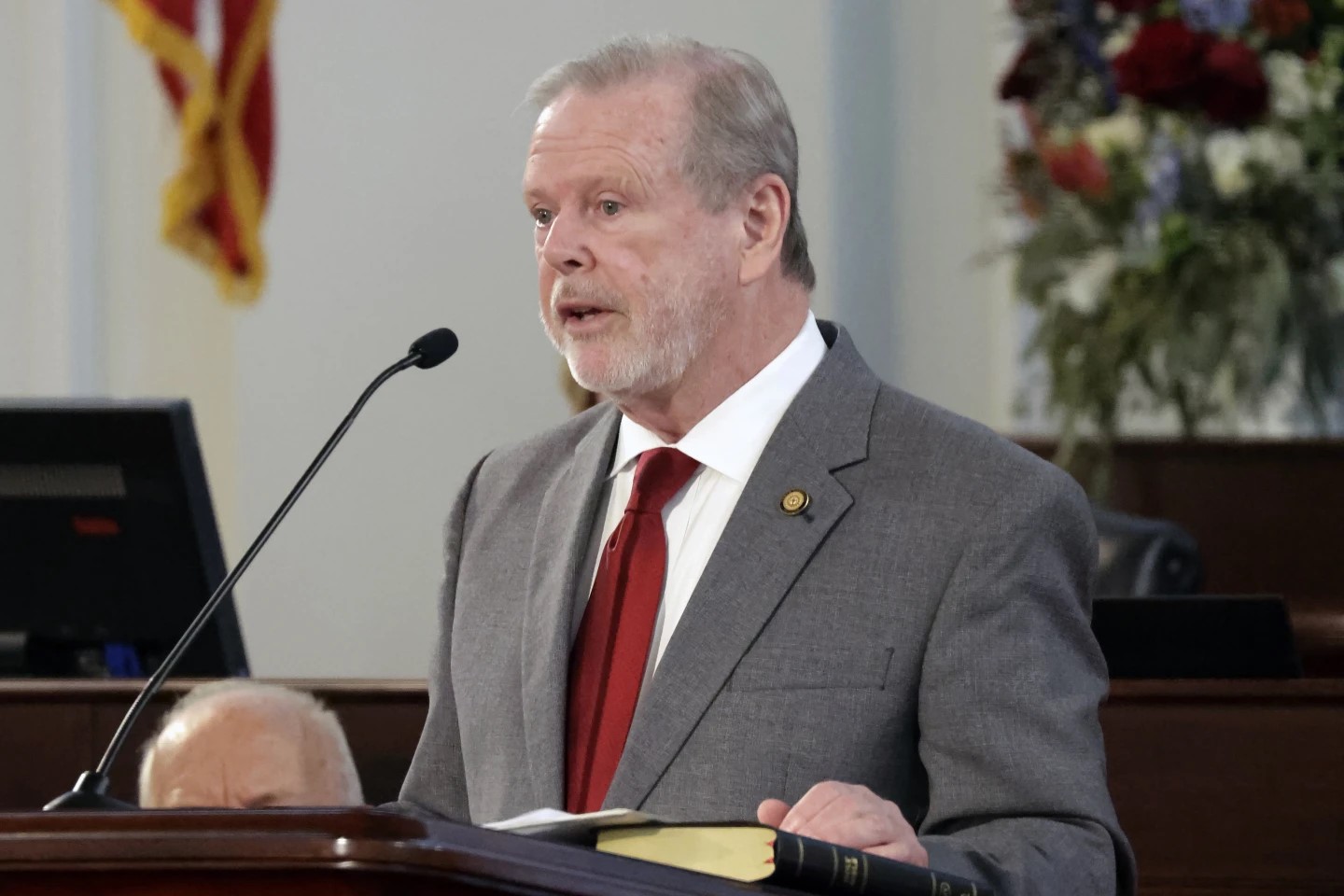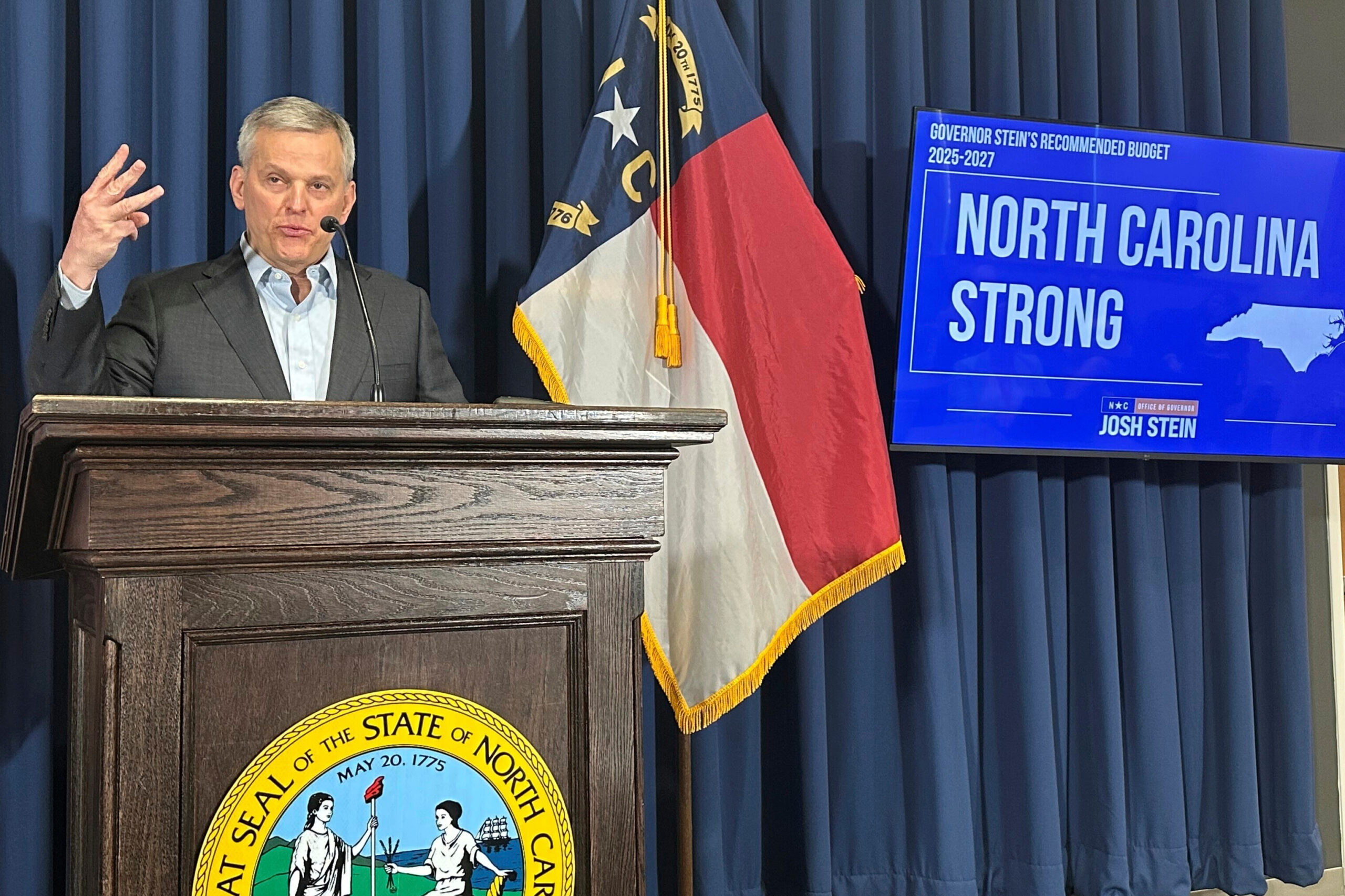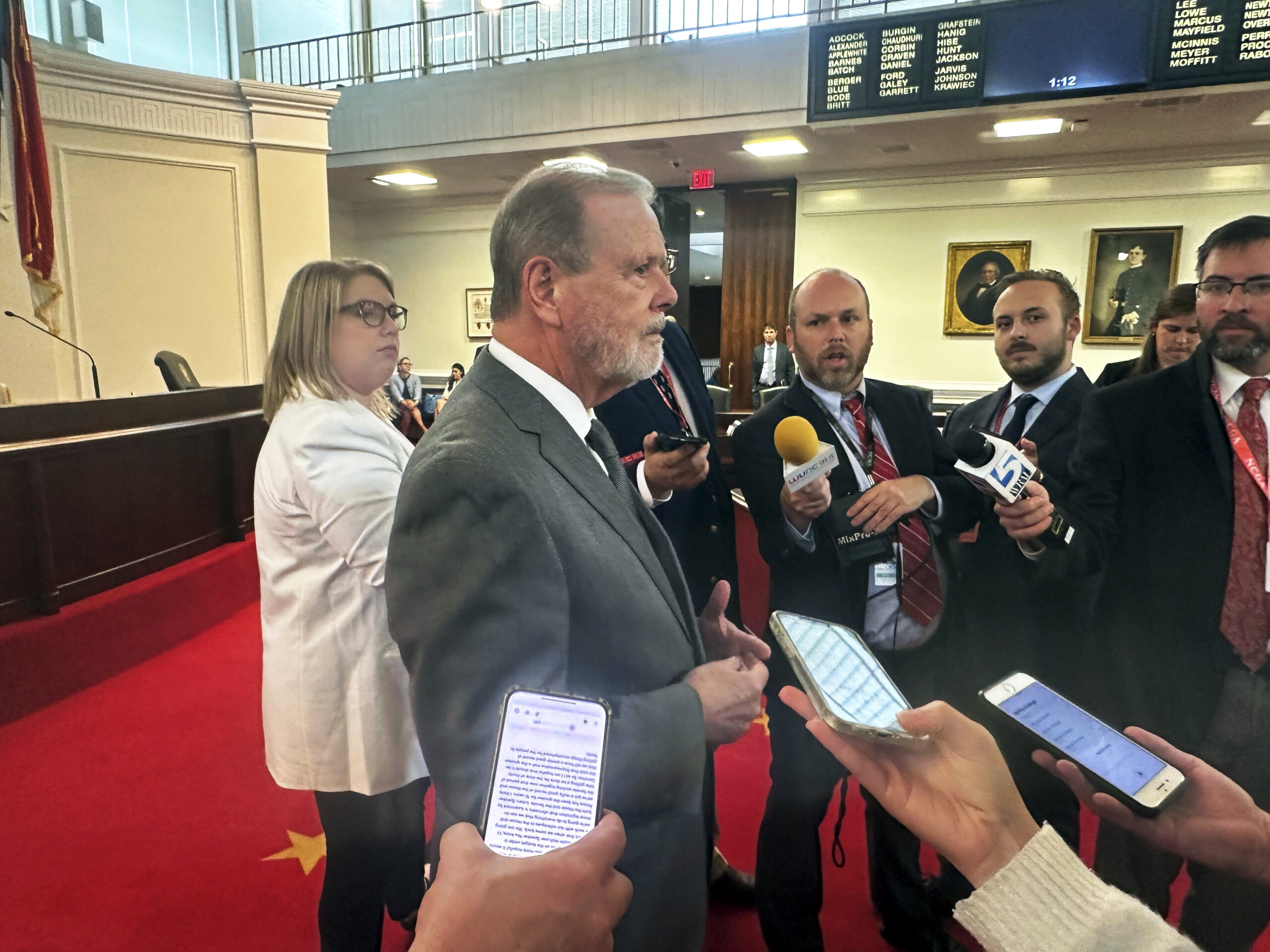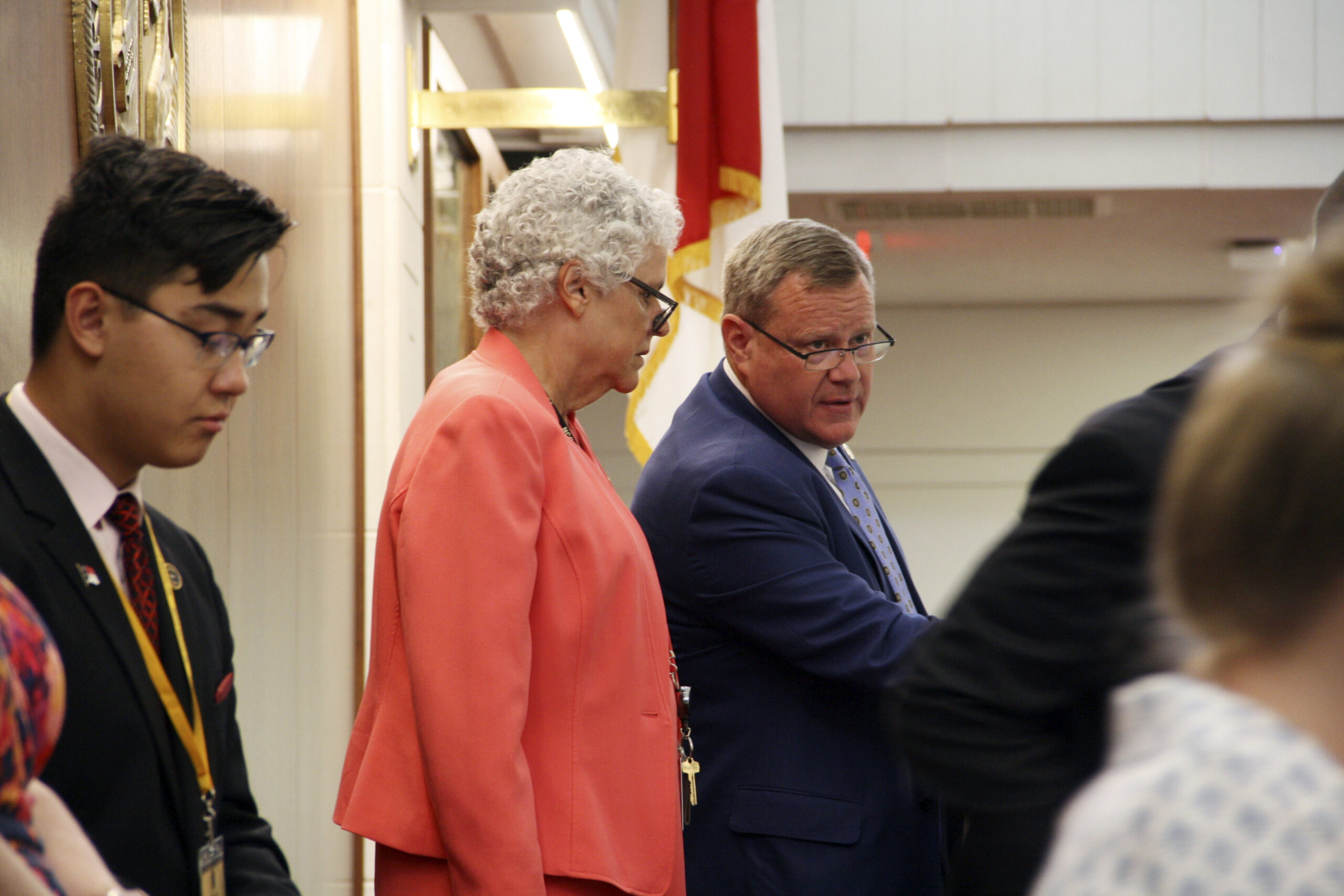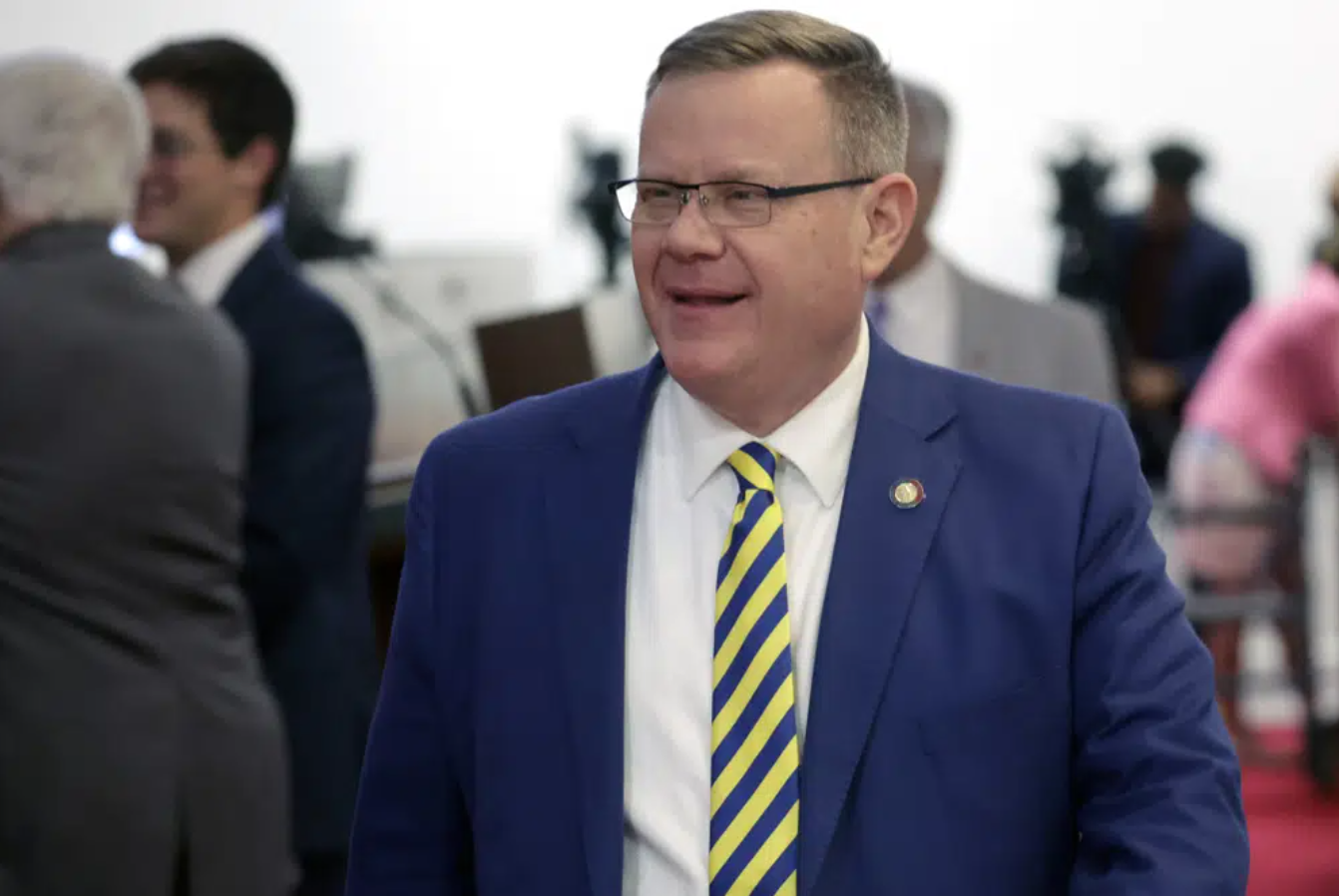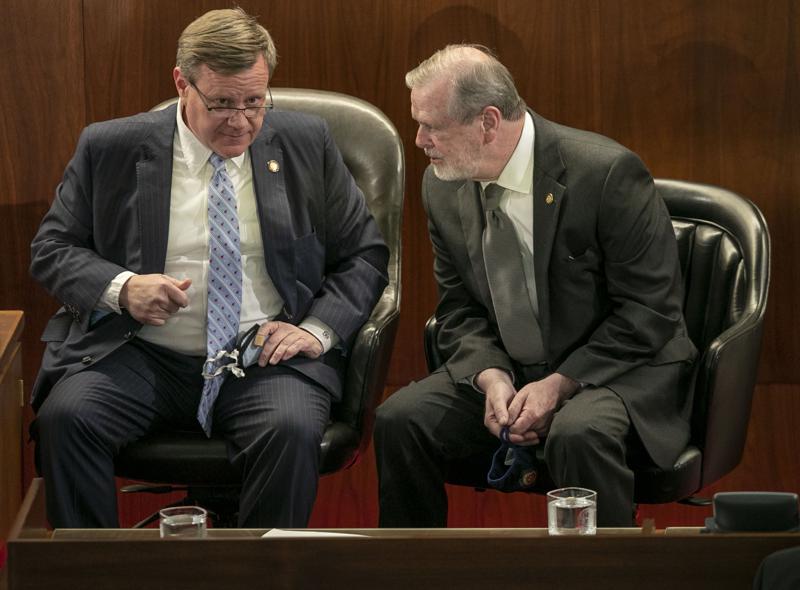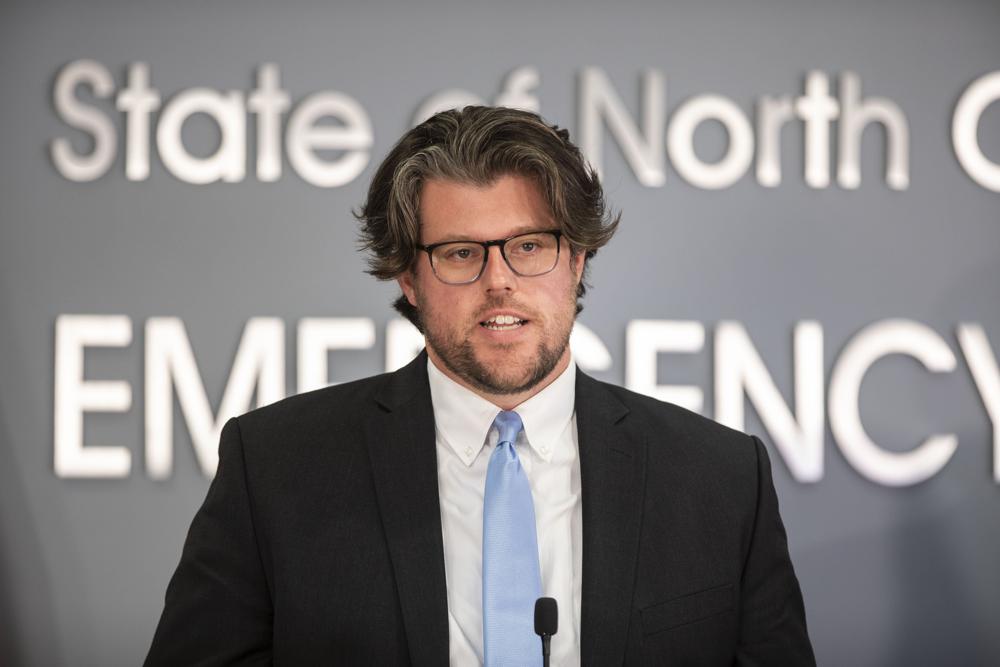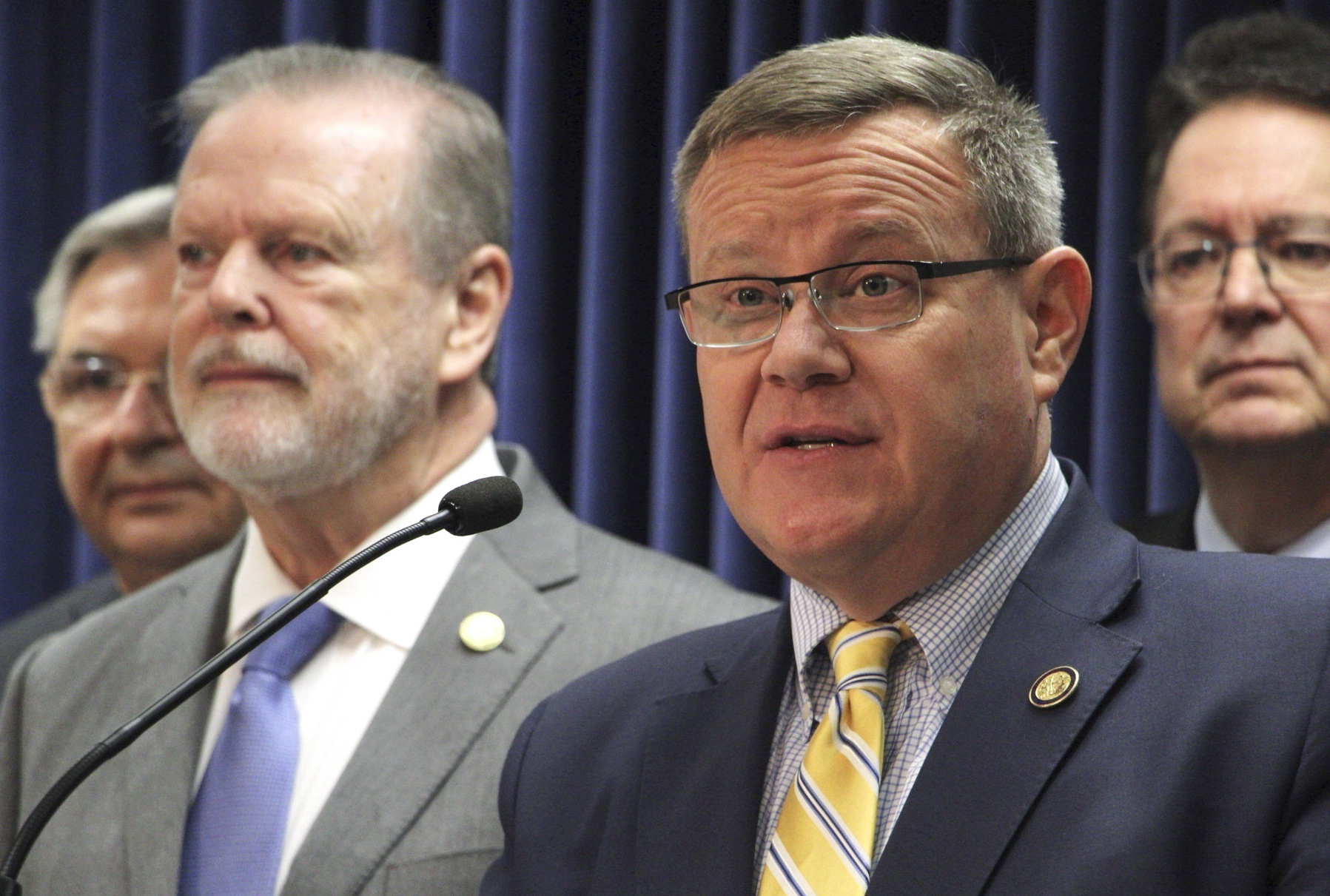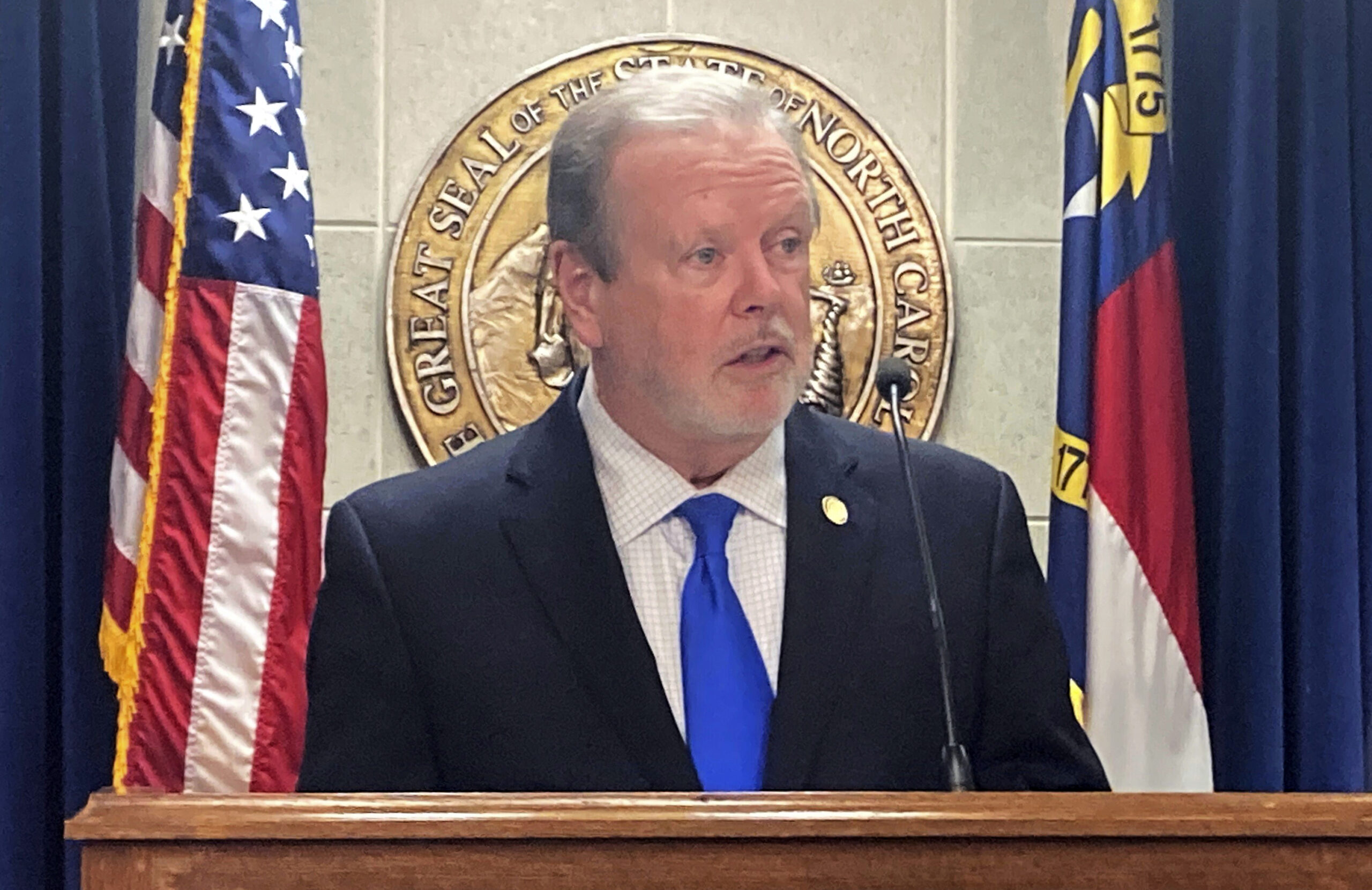Written by GARY D. ROBERTSON
The North Carolina General Assembly gave its final approval to a two-year state budget on Thursday and sent it to Democratic Gov. Roy Cooper, who quickly signed it into law.
Cooper acted almost immediately after the Republican-controlled legislature sent the bill to his desk. The House voted 101-10 earlier in the day in favor of the measure, the day after the Senate gave the chamber’s final OK to the bill by a vote of 41-7. Each chamber also held similar, preliminary votes backing the plan earlier in the week.
“This budget moves North Carolina forward in important ways,” Cooper said in a news release. “I will continue to fight for progress where this budget falls short but believe that, on balance, it is an important step in the right direction.”
The series of bipartisan votes for the plan that won wide favor came after Cooper announced on Tuesday he’d sign the measure into law, essentially releasing legislative Democrats loyal to him.
While some Democrats still voted no, budget support by a solid majority of the party’s members combined with all Republicans present represented a significant achievement. Two years ago, a comprehensive spending plan never got enacted due to Cooper’s veto and a negotiating impasse with the GOP legislative majorities.
North Carolina had been the last state in the country without an enacted budget in place for this year.
“This will be a huge day for all of North Carolina,” House Speaker Tim Moore, a Cleveland County Republican, said while holding the over 600-page ratified bill just before it was sent to Cooper.
The measure, which spends $25.9 billion this year, $27 billion next year and several billion dollars more in federal COVID-19 relief aid, was the result of several weeks of negotiations between Moore, Senate leader Phil Berger and Cooper.
It wasn’t a consensus result, but the plan does reflect a lot of Cooper’s input. Cooper announced Tuesday that while he opposed many items in the final bill, including the elimination of the corporate income tax by the end of the decade and the absence of Medicaid expansion, the good in the bill outweighed the bad.
The budget, which was supposed to be in place by July 1, contains nearly $6 billion for state agency and higher education construction projects, as well as $1 billion in federal funds for expanding broadband and $1.7 billion for water and sewer projects.
Teachers will receive average 5% raises over two years and bonuses of up to $2,800. Other teachers will receive much higher salary increased through a special supplement that emphasizes retaining instructors in rural counties. Custodians and other non-instructional staff at schools also will be paid at least $15 an hour starting next year. Most state employees also get 5% raises and bonuses.
Cooper on Thursday highlighted many of these provisions as “critical for our state to emerge from this pandemic stronger than ever.”
Legislators now plan to return to Raleigh on Nov. 29, with a goal of wrapping up most of this year’s business that week, which could include addressing Cooper’s vetoes on other legislation. The General Assembly convened the session in January.
Photo via AP Photo/Bryan Anderson

